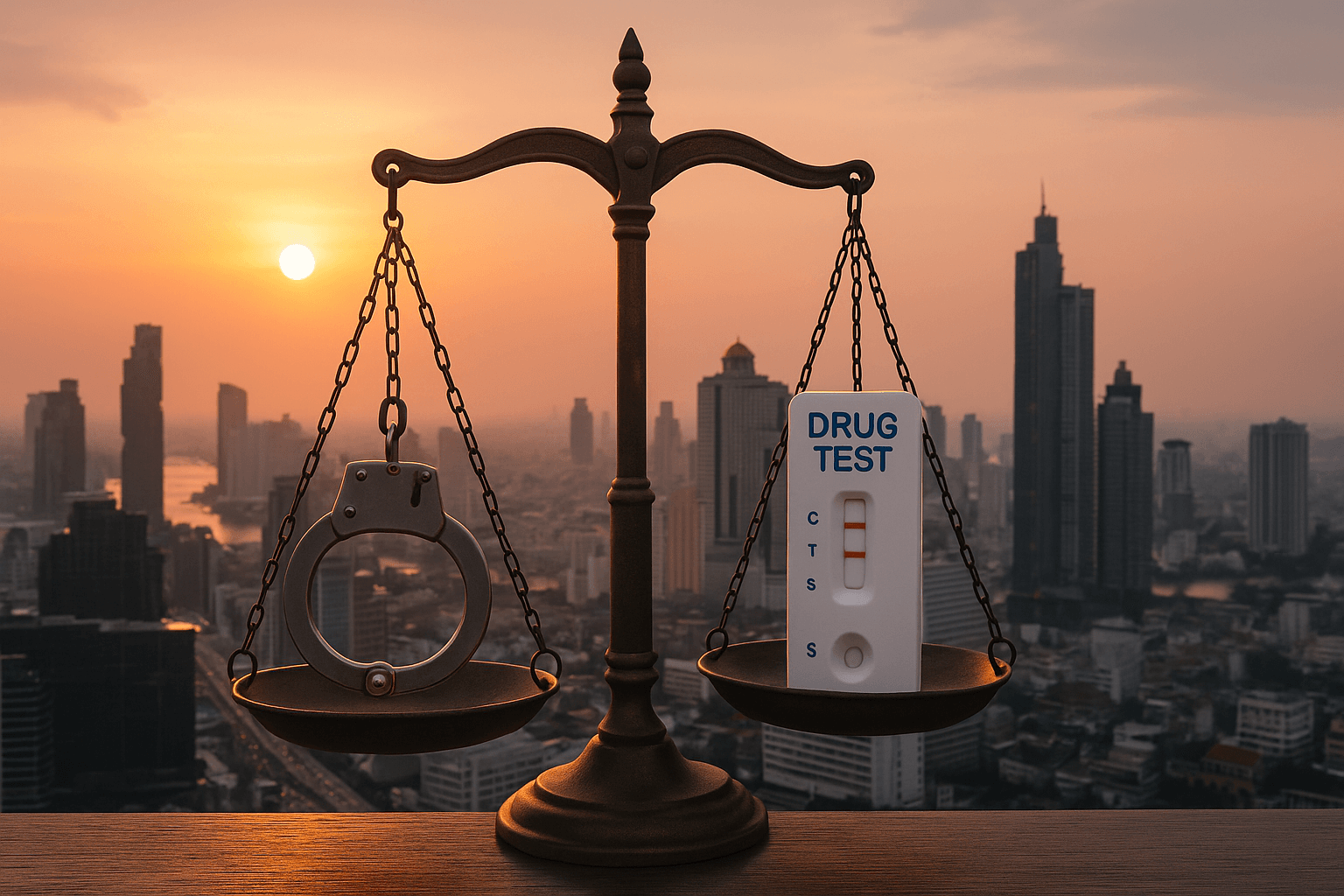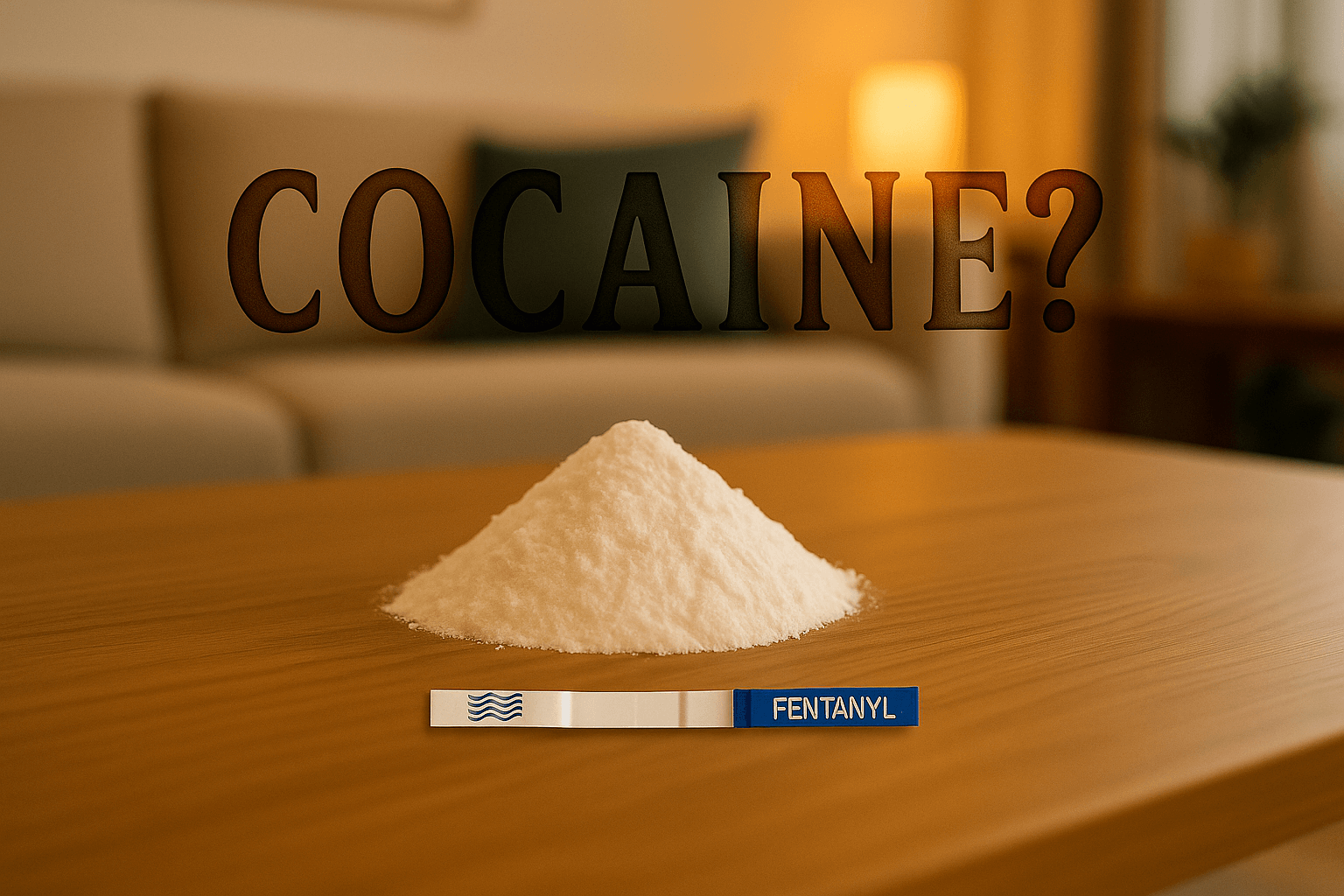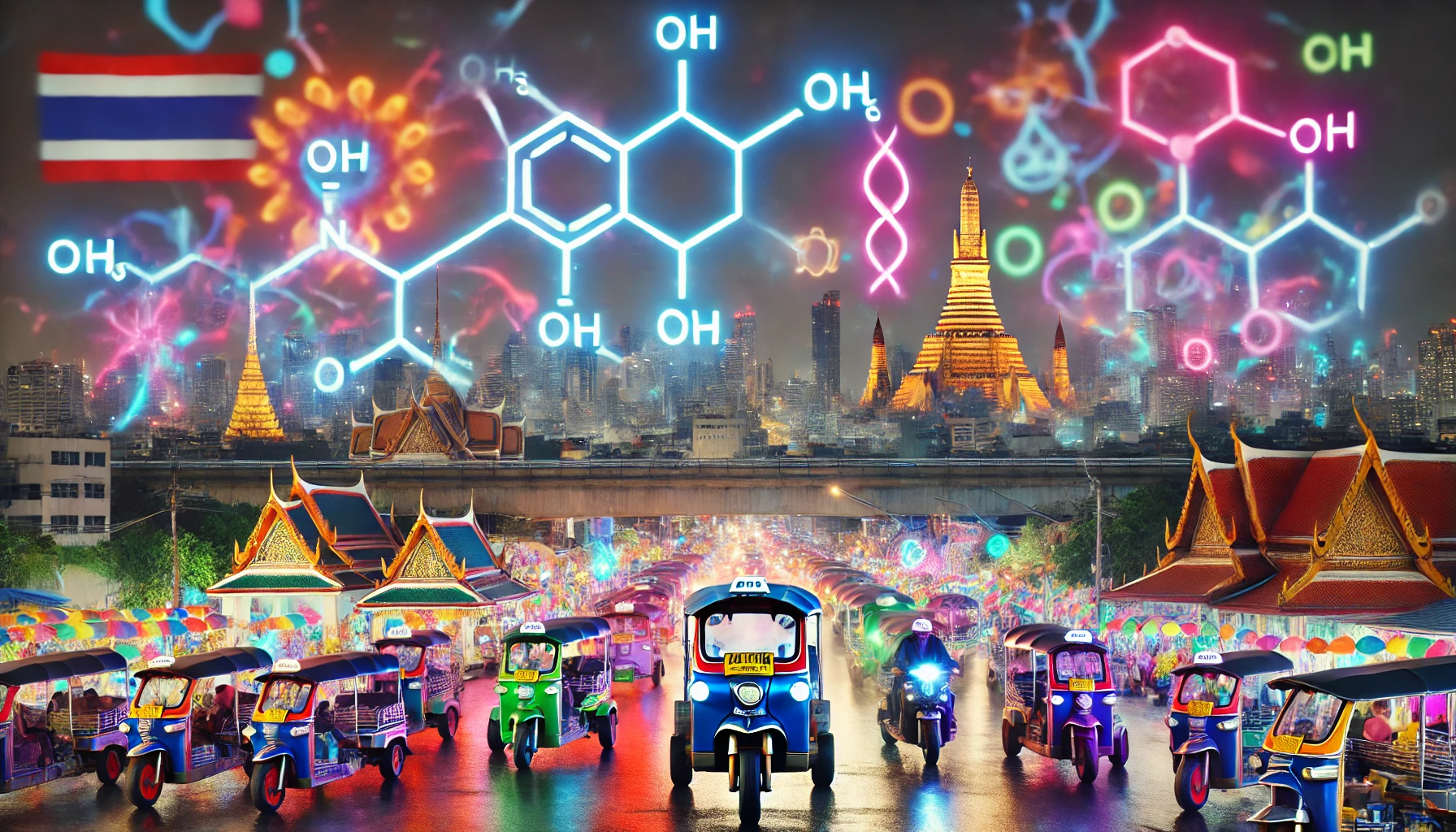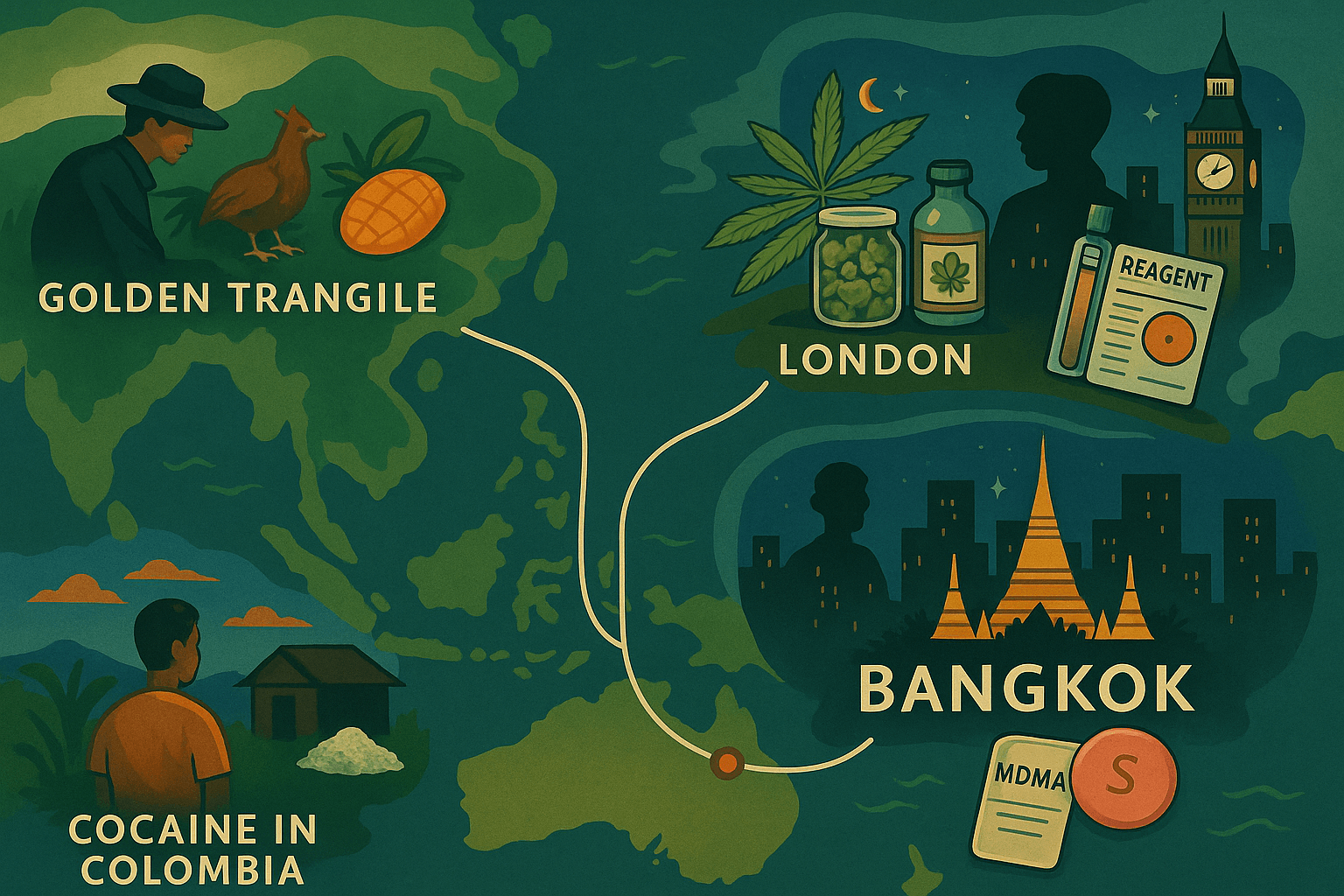In Chasing the Scream: The First and Last Days of the War on Drugs, Johann Hari explores the failures of punitive drug policies and advocates for a harm reduction approach that prioritizes public health over punishment.
Hari’s arguments resonate deeply with Bangkok, where traditional enforcement strategies dominate the drug policy landscape but have struggled to address the underlying issues of drug use and trafficking.
This post explores how Bangkok can transition from criminalization to harm reduction, drawing lessons from Hari’s work and applying them to the city’s unique challenges and opportunities.
The Limits of Criminalization
Hari traces the roots of the global War on Drugs, starting with its inception in the early 20th century. He argues that the focus on criminalizing drug use has not only failed to curb addiction but has exacerbated the harms associated with drug markets.
Key Failures of Criminalization:
1. Pushing Drug Use Underground: Fear of arrest forces users into hiding, where they are less likely to seek help or use harm reduction tools.
2. Creating Unsafe Markets: By targeting supply, enforcement drives up drug prices and incentivizes traffickers to cut costs with dangerous adulterants.
3. Stigmatizing Users: Criminalization perpetuates the stigma surrounding drug use, discouraging honest conversations and public health interventions.
Bangkok heute: Thailand’s War on Drugs, launched in the early 2000s, mirrored these global trends. While it temporarily reduced visible drug use, it pushed trafficking networks further underground and fueled the rise of synthetic drugs like methamphetamine and MDMA.
Harm Reduction: A Proven Alternative
Hari presents harm reduction as a humane and effective alternative to punitive policies. This approach focuses on minimizing the risks associated with drug use rather than trying to eliminate it entirely.
Core Principles of Harm Reduction:
1. Provide Safety Tools: Equip users with resources like drug testing kits, clean syringes, and overdose reversal medications.
2. Educate Without Judgment: Offer clear, non-stigmatizing information about drug risks and safer use practices.
3. Decriminalize Use: Shift the focus from punishment to support, treating addiction as a health issue rather than a criminal one.
Global Example: Portugal decriminalized drug possession in 2001, pairing it with harm reduction initiatives. The result? Significant declines in overdoses, HIV infections, and drug-related crime.
How Bangkok Can Transition
Drawing from Hari’s insights, Bangkok can adopt harm reduction strategies tailored to its unique context. Here’s how:
1. Normalize Drug Testing
Bangkok’s nightlife and tourism scene make it a hotspot for recreational drug use. Providing easy access to drug testing kits can empower users to make safer choices.
- Practical Steps:
- Partner with festivals and clubs to distribute testing kits from platforms like Happy Test Shop.
- Launch awareness campaigns in multiple languages to reach both locals and tourists.
2. Build Public Awareness
Education is key to harm reduction. Users need accurate, non-judgmental information about the risks of adulteration and overdose.
- What to Include:
- Common adulterants in Bangkok’s drug market (e.g., fentanyl, PMA).
- Simple guides on how to use reagent kits and fentanyl test strips.
- Tips for safer use, such as avoiding solo use and starting with small doses.
3. Engage Law Enforcement in Harm Reduction
Police often play a role in perpetuating the stigma of drug use. Training law enforcement to support harm reduction efforts can transform them into allies rather than adversaries.
Example: In Norway, police distribute naloxone kits to at-risk individuals, creating trust and saving lives. Bangkok could adopt a similar model with drug testing kits.
Overcoming Stigma: A Cultural Shift
One of the biggest barriers to harm reduction in Bangkok is the stigma surrounding drug use. Hari argues that shifting societal attitudes is essential for the success of harm reduction strategies.
Steps to Reduce Stigma:
- Highlight Personal Stories: Share the experiences of individuals who have benefited from harm reduction, showing its human impact.
- Involve Influencers: Partner with prominent figures in Bangkok’s nightlife scene to normalize testing and safer use practices.
- Encourage Open Dialogue: Create spaces for honest conversations about drug use, free from judgment, and fear of persecution.
A Vision for Bangkok’s Future
By embracing harm reduction, Bangkok can transform its approach to drug policy and create a safer, healthier environment for everyone. Imagine:
- A nightlife scene where testing kits are readily available and widely used.
- Festivals that prioritize user safety with harm reduction workshops and resources.
- A city that supports its residents and visitors with compassion rather than punishment.
Key Insight from Hari: The path to harm reduction isn’t just about policy—it’s about shifting perspectives. Treating drug users as individuals deserving of respect and support is the first step toward meaningful change.
Aufruf zum Handeln
Join the harm reduction movement today. Visit Glücklicher Testshop to purchase reliable drug testing kits for MDMA, methamphetamine, cocaine, and more. Together, we can create a safer, smarter Bangkok for everyone.




